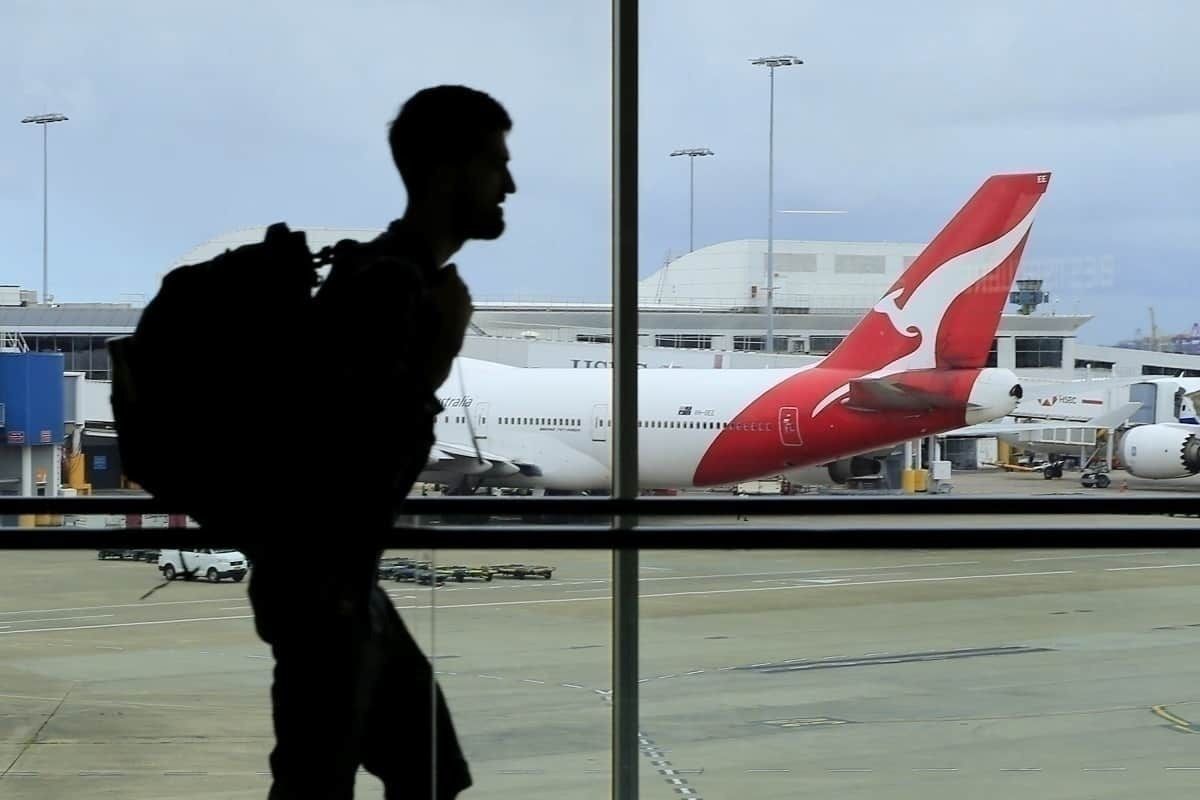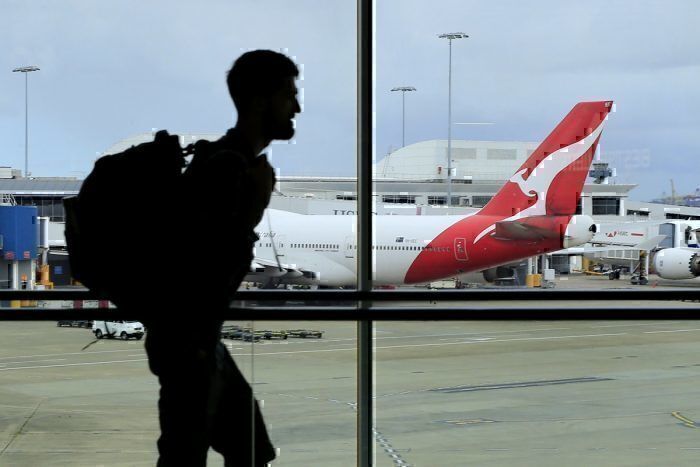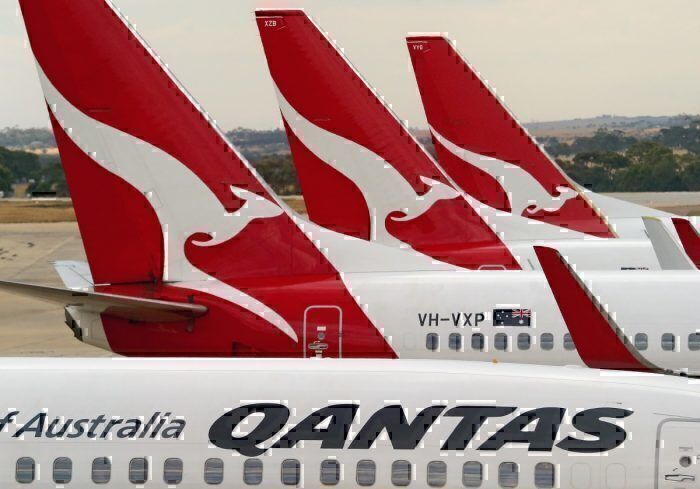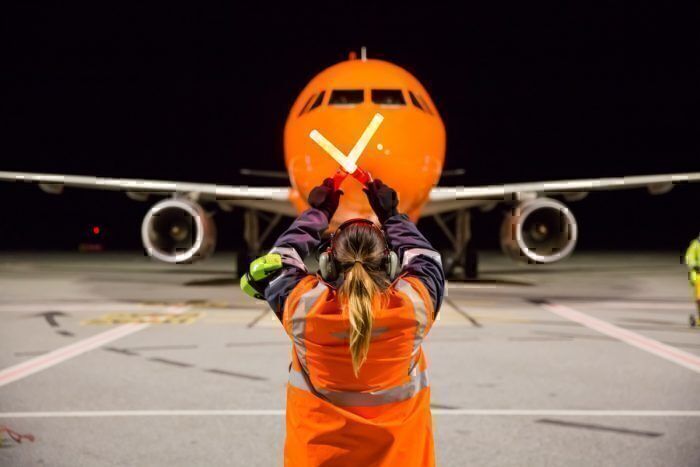Today, March 19th, Australian Prime Minister Scott Morrison said that its country's borders will be closed to all visitors, with the exception of citizens, permanent residents and their close family members. This policy will come into effect at 21:00 on Friday, 20th of March. Australia is the latest country to implement a policy of this nature following similar announcements by the EU, Saudi Arabia, the United States and many more.
According to Al Jazeera, Morrison yesterday declared the situation a "human biosecurity emergency", declaring that the country's citizens should abandon all overseas travel.
"We are upgrading the travel ban on Australians to level four for the entire world. That is the first time that has ever happened in Australia's history...[this is] an indefinite ban." - Scott Morrison, Prime Minister of Australia
What does this mean for you?
If you are an Australian citizen, you will still be able to get back if you wish to - for now. However, this should be carried out with urgency as airlines are drastically and rapidly reducing their operations.
Qantas will be stopping all international commercial flights at the end of March. While the travel ban stops non-citizens and permanent residents from entry as of tomorrow, Qantas' schedule change means eligible travelers needing to get home have just over 10 days to do so.
Additionally, the Australian government is strongly discouraging its citizens from leaving Australia for non-essential travel during this time. It cites the following reasons on its website:
- There may be a higher risk of contracting COVID-19 overseas.
- Health care systems in some countries may come under strain and may not be as well-equipped as Australia’s or have the capacity to support foreigners.
- Overseas travel has become complex and unpredictable. Many countries are introducing entry or movement restrictions. These are changing often and quickly, and your travel plans could be disrupted.
Support for the Australian aviation industry
The Commonwealth Government will be implementing an "aviation package for the refunding and ongoing waiving of a range of Government charges on the industry." This includes aviation fuel charges and air services charges on domestic airline operations and domestic and regional aviation security charges.
The government estimates that the total cost of the measures will save Australian airlines $715 million Australian dollars. Australia's National Cabinet plans to meet again on Friday, 20 March to discuss implementation arrangements for indoor gatherings and domestic transport.
Are you affected? What should you do?
Travelers are first requested to check the website of their airline for the latest updates and information. Qantas and Virgin Australia, for example, have special webpages with the latest updates to their policies and provide instructions and guidance for their customers.
As customer service departments are overloaded, airlines are asking travelers to only contact their call centers if affected flights are taking place in the next 48-72 hours. Inquiries that are outside of this window are asked to wait.
Australian citizens that are stranded abroad should contact their nearest embassy for assistance in the case of an emergency.




